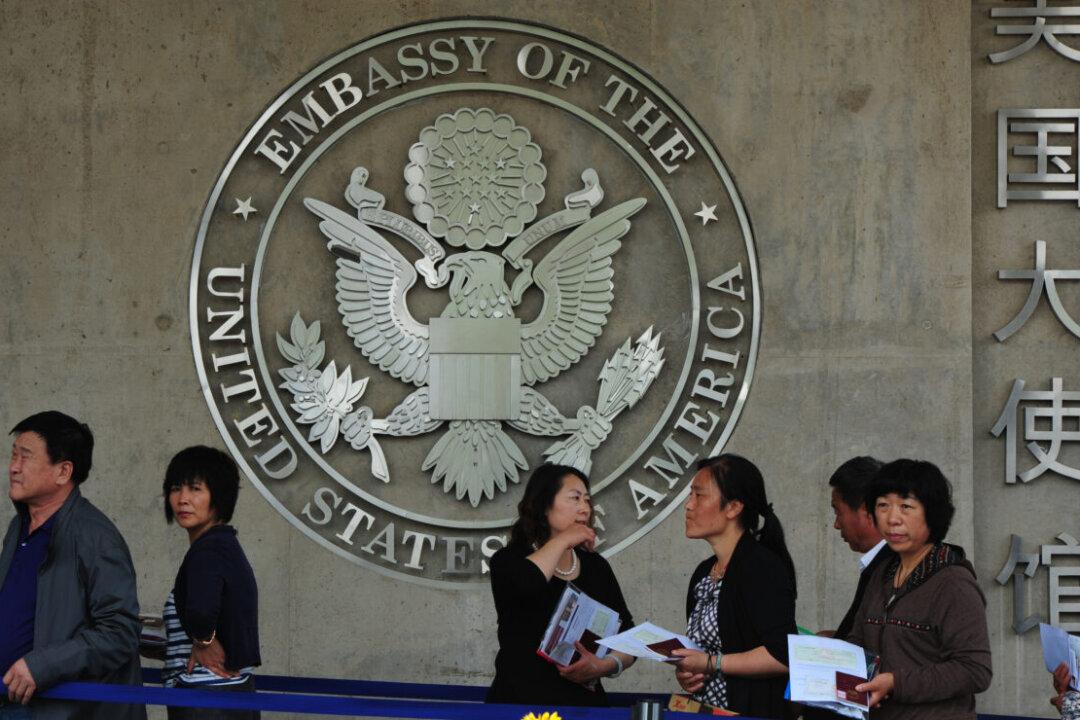China’s worsening economic decline has large numbers of Chinese tycoons fleeing the country, a result of the West’s economic and political isolation of the communist regime, experts believe.
At least 10,000 Chinese high-net-worth Individuals (HNWI) are expected to emigrate abroad this year, taking with them an estimated $48 billion, according to Henley & Partners, a London-based investment immigration consulting firm, in a June 13 report




